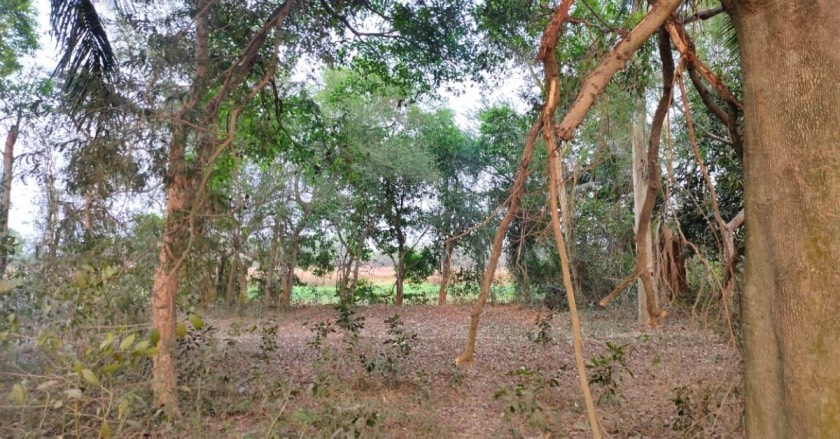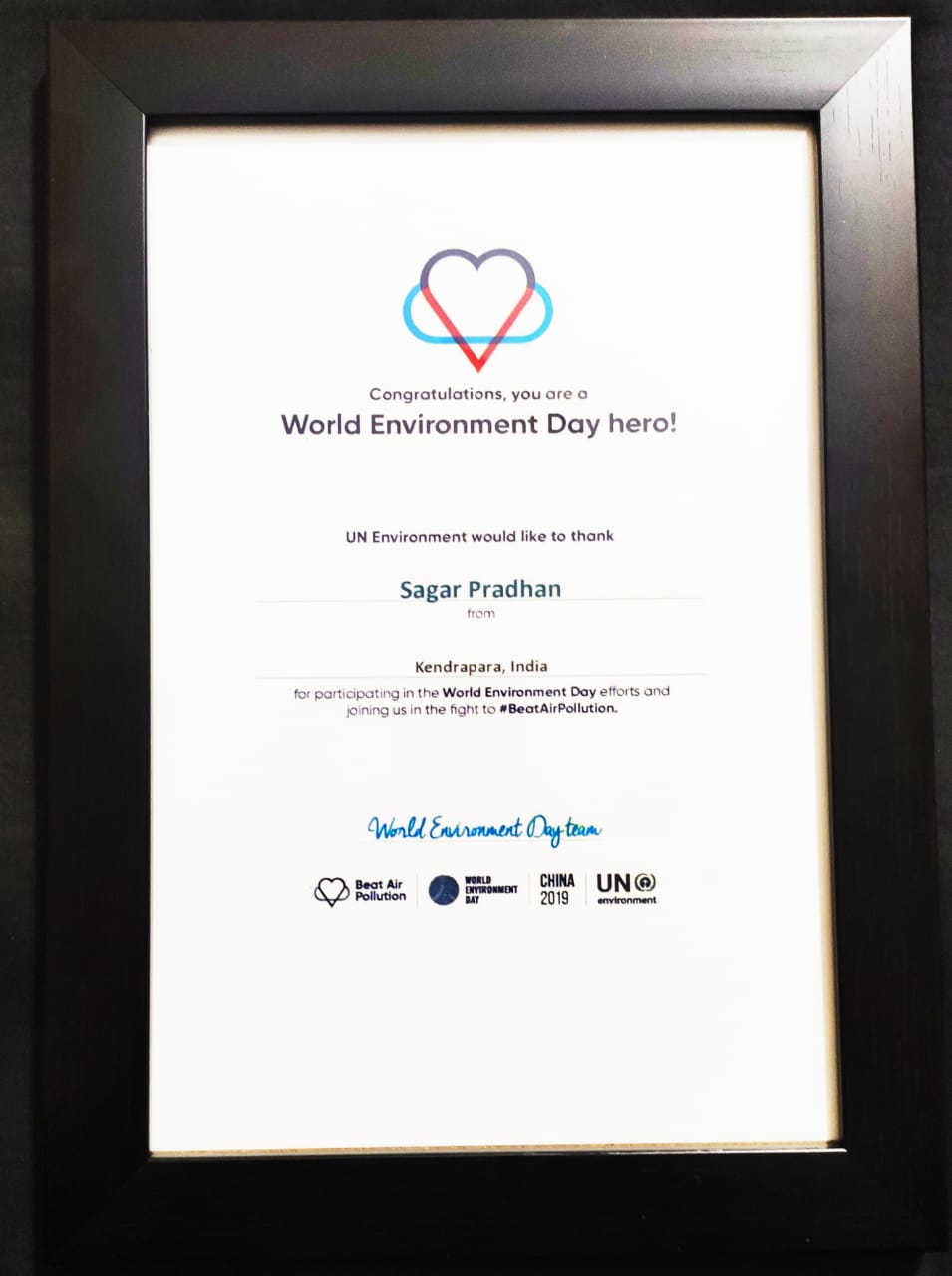From his very childhood, Odisha’s Sagar Pradhan has chased his dream of writing. The 30-year-old is both an author and a software engineer, from Mallikeswarpur village. He recalls how he would pen academic notes for his friends and distribute the copies.
“As we moved to higher classes, our textbooks kept changing. At times, we needed to go back to old books for academic references. I prepared a book that merged the academics from Classes VII, VIII and IX. So instead of having multiple copies, one book would suffice. The book was divided into three sections — beginner, immediate and advanced — which helped simplify the content,” Sagar tells The Better India.
As Sagar’s writing improved, he also became the editor of a science magazine in his school. However, he felt there was a problem. His love for writing demanded the use of paper, which came from cutting trees. “I realised that writing and printing books impacted the environment at large. Also, the credit would always go to the writer and publisher, but never to the trees and their role in literature,” he says.
To make up for the loss to the environment, Sagar decided to use his royalty earnings as an author for conservation activities. Since 2008, he has helped plant thousands of trees and revived 12 ponds across India. In 2020, his work earned him the World Environment Day Award from the United Nations.
A way to give back to nature

“I was affected by the number of trees that required to be cut to produce paper, and started planting saplings. In 2007 and 2008, I wrote three books — Mathematics For U, Bigyan Katha, a quarterly magazine, and Bihanga, an Odia poetry book. The books were published locally, and the earnings were used for tree plantation and distribution of seeds to encourage people for the cause,” Sagar says.
Simultaneously, he pursued a bachelor’s degree in engineering in 2012, and since then has been working with software companies.
“I started planting trees along roads and other residential areas. Locals initially supported me, but later began complaining that the tree would obstruct their view or prevent sunlight from entering their houses,” Sagar says, adding many people also asked if he had the permissions to plant the trees in public places.
To deal with the resistance, Sagar decided to participate in plantation drives conducted by NGOs in the village and surrounding areas. He began sending parts of his royalty to various NGOs across the country. “I sent money to organisations that claimed to work for tree plantation. But ensuring the work reached the right hands became difficult,” Sagar adds.
Recalling one such incident, he says, “One NGO in a neighbouring district that I sent money to claimed they would plant hundreds of trees. But when I visited the NGO, they failed to show any signs of trees having been planted. Instead, they felicitated me to pacify the situation and hide their failure. The incident disappointed me, and I decided to become a part of credible organisations,” he adds.
Sagar identified NGOs affiliated with the United Nations. “It gave me the sense that I was donating money to genuine people. I worked with NGOs for restoring lakes in Karnataka, Hyderabad, managing plastic waste in their cities and other environmental causes,” he says, adding that thousands of trees have been planted in various parts of Odisha and India.
Bijayalaxmi Swain, founder of Dr Kalam NGO in Bhubaneswar, says, “Sagar has been known here for helping NGOs by supporting several social causes. Since 2016, most of the funds for blood donation drives, cleaning work and tree plantation have come from Sagar. About Rs 10,000 have been received by the NGO from the royalty he earned from books.” Bijyalaxmi says he is one of the NGO’s major donors.
Next stop: One lakh trees

Meanwhile, Sagar authored other books with International Standard Book Number (ISBN), named A Cup of Tea with Life, Basic Java Programming, SIP Java, Internet of Things and Ecommerce and Enterprise Resources Planning (ERP). He has published 28 research articles based on electronic waste management, creating job opportunities from waste management, cybercrime, space exploration, smart agriculture, smart home, and smart health tracking devices, among others.
“I have spent about Rs 4 lakh from the royalty money on such causes, and will continue to do so. During my stint with Infosys in 2014-18, I led a Plant a Tree campaign. I try to motivate locals to increase the green cover,” he says.
Sagar says that his appreciation by the UN came unexpectedly. “One NGO I work with nominated my name. The award from the UN shows that my work was appreciated by the NGOs I was affiliated with. The international body recognised my efforts for environmental conservation, and considered me worthy of the award,” he adds.
Sagar aims to continue this work, and ensure the plantation of one lakh trees each year. “I also wish to work towards fish conservation, and write books in the local language to create awareness about the harm an unsustainable lifestyle can cause to the environment,” he adds.
“I get offers from politicians to become a member of their parties, and they assure me they will expand my cause to a larger scale. However, I prefer to work with NGOs. The cyclones are destroying the environment and aggravating extreme weather conditions. Planting trees is the only solution here to reduce the damage. I hope I can motivate enough people,” Sagar says.
Edited by Divya Sethu
No comments:
Post a Comment